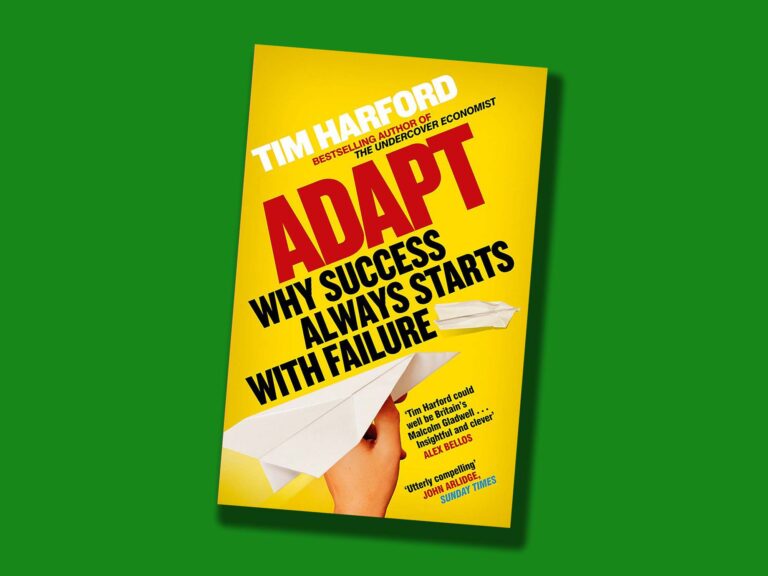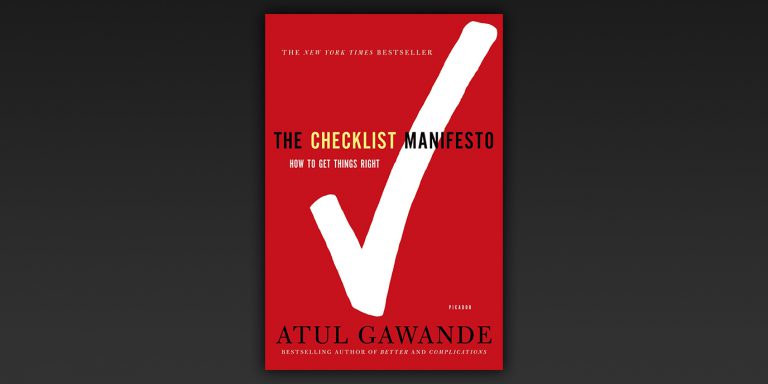Is your fear of failure stopping you from pursuing your private or professional goals? Time to gain a new perspective. In this highly readable book, Tim Harford makes the case for a fearless, trial-and-error approach to everyday challenges.
Whether you are trying to develop a new and innovative product or trying to save the world: when facing a complex problem, it’s hard to know where to start. With limited time and resources, failure is something we’d rather avoid. Failure means disappointment, loss, embarrassment – perhaps even some kind of social or moral stigma. Confronted with this, many become disheartened and shy away from risk-taking. Society loses out on creative potential as a result.
Try and try again
In this book, Tim Harford argues that failure isn’t the end of the world. In fact – it can actually be the start of a new one! Taking real-life examples from politics to town planning, he argues that a trial-and-error approach to problem-solving is the way to true innovation and success. Failure is an inherent part of that process. While that failure needs to be managed so that it can be survived, we should not shy away from it.
In the first part of the book, Tim Harford argues that, sometimes, the best thing is to forget the rules of the “perfect organisation”. With numerous anecdotes, he shows how challenging the hierarchy and allowing outsiders to contribute their ideas have led to groundbreaking inventions and developments. He goes on to examine which tools governments can use to promote innovation. Separate chapters address the problem of climate as well as the financial crisis of 2008 in more detail.
Embrace the chaos to move forward
With his engaging and readable prose, Tim Harford weaves together strands of many disciplines to state a larger truth about progress and innovation. The anecdotal evidence is lively and persuasive, presenting conclusions that the reader can easily transfer to personal situations. It is an uplifting read that gives hope in times fraught with immense challenges and unanswered questions.
Touching on human questions of almost universal relevance, “Adapt” will be enjoyed by all. From those seeking to master an everyday conundrum to large, successful companies looking out for new disruptive (and potentially dangerous) technologies – Tim Harford’s book offers a persuasive narrative on the importance of curiosity, trying things out, and providing a safe space for ideas to develop. Sometimes the best way to survive in a complex world is to stop worrying, embrace the chaos and just do it!
Rating: 4/5

